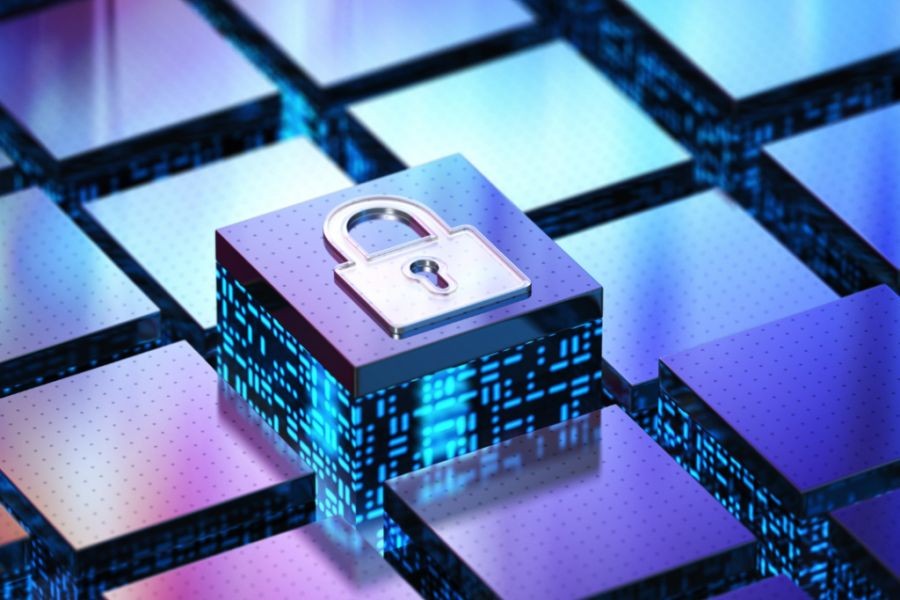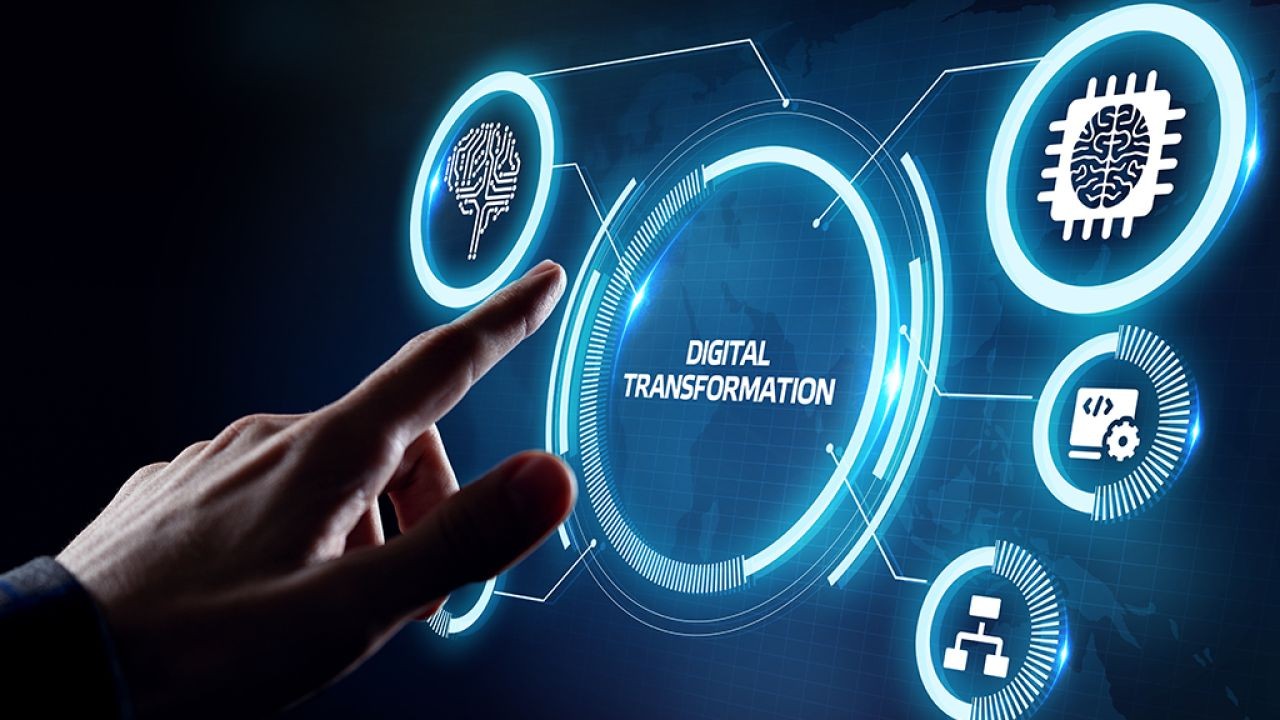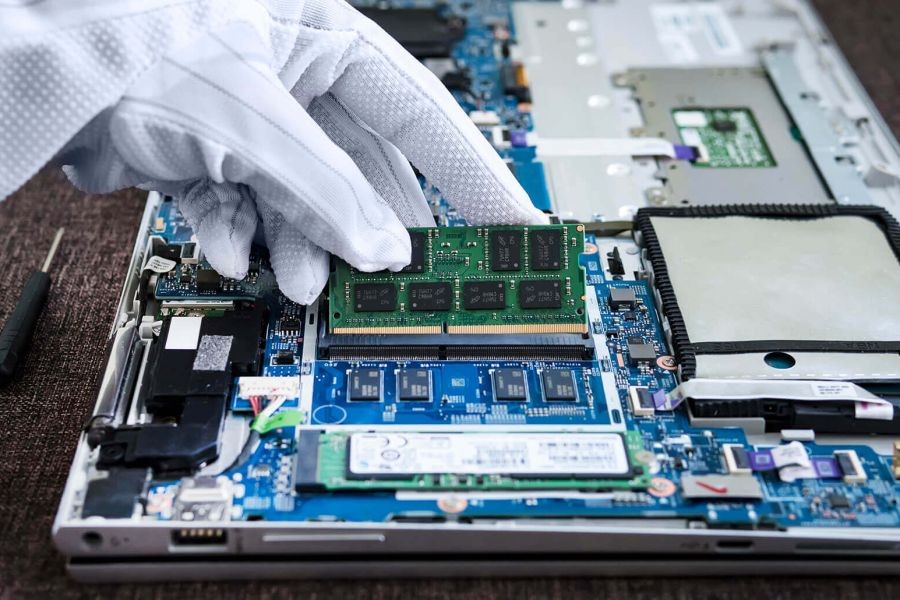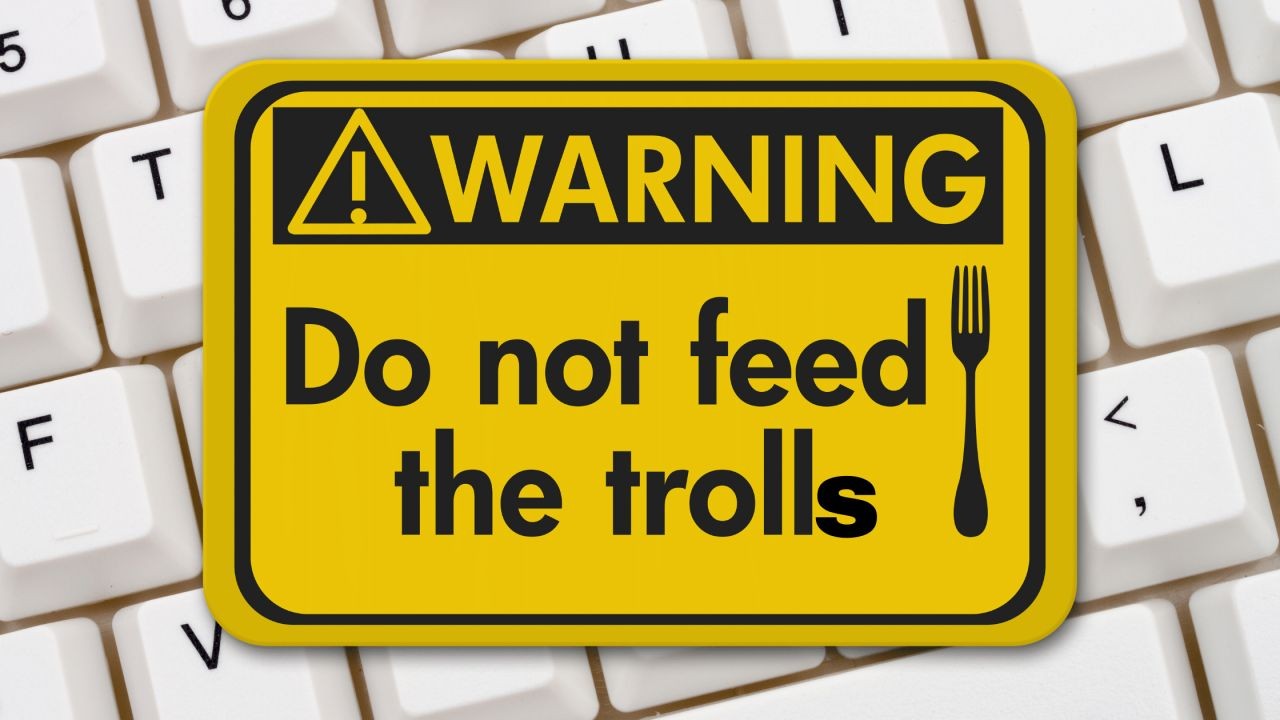In an era where digital threats are constantly evolving, the significance of cybersecurity expertise cannot be overstated—especially within the defense sector. For Australians considering a career with the military, becoming a cybersecurity expert presents a unique opportunity to impact national security while engaging in a rapidly growing field. This article delves into the pathways, challenges, and opportunities of pursuing a cybersecurity career within the Australian military, providing a comprehensive guide for aspiring professionals.
Understanding the Role of Cybersecurity in the Australian Military
Cybersecurity in the military context involves protecting sensitive data and infrastructure from cyberattacks and ensuring the integrity of defense operations. The Australian Defence Force (ADF) relies heavily on digital networks, making cybersecurity a critical component of national defense strategy. According to the Australian Bureau of Statistics (ABS), the demand for cybersecurity professionals in Australia has grown by 17% annually since 2019, underscoring the increasing importance of this field.
Key Skills and Qualifications Required
- Technical Proficiency: Expertise in network security, encryption, and data protection technologies is vital. Familiarity with tools such as firewalls, intrusion detection systems, and security information and event management (SIEM) systems is essential.
- Analytical Skills: The ability to analyze complex systems and identify vulnerabilities is crucial. Cybersecurity experts must be adept at assessing risks and implementing effective mitigation strategies.
- Certifications: Obtaining certifications such as Certified Information Systems Security Professional (CISSP), Certified Ethical Hacker (CEH), or CompTIA Security+ can enhance credibility and career prospects.
- Continuous Learning: Cyber threats are ever-evolving, necessitating ongoing education and training. Engagement in cybersecurity forums and access to the latest research are beneficial for staying updated.
Pathways to Becoming a Cybersecurity Expert in the Military
There are multiple pathways to enter the cybersecurity field within the Australian military. Here are some common avenues:
Enlisting in the Australian Defence Force
One direct route is to join the ADF with a focus on cybersecurity roles. The ADF offers specialized training programs and career development opportunities for enlistees. Candidates with a background in computer science or information technology are particularly well-suited for these roles.
Joining as a Civilian Contractor
Another option is to work as a civilian contractor for the Department of Defence. This allows professionals to apply their cybersecurity expertise without enlisting. Civilian roles often require advanced degrees and significant experience in cybersecurity, emphasizing the importance of formal education and professional development.
Case Study: The Cyber Gap Program
The Australian Government's Cyber Gap Program is an initiative designed to address the shortage of cybersecurity professionals. It provides students and professionals with scholarships, internships, and networking opportunities. Participants gain practical experience and insights into defense-related cybersecurity challenges.
Problem: A significant skills gap existed in Australia’s cybersecurity workforce, affecting national security.
Action: The Cyber Gap Program provided targeted training and exposure to real-world defense scenarios.
Result: Over 500 participants have successfully transitioned into cybersecurity roles within the ADF and related sectors.
Takeaway: Strategic educational initiatives can effectively bridge skills gaps, offering tangible career pathways for aspiring cybersecurity experts.
Government Policies and Support
The Australian Government has implemented several policies to bolster its cybersecurity capabilities. The Cyber Security Strategy 2020 outlines a $1.67 billion investment over ten years to enhance the country's cyber defenses. This strategy emphasizes collaboration between government agencies, private sectors, and educational institutions to nurture a robust cybersecurity workforce.
Regulatory Insights
The Australian Competition & Consumer Commission (ACCC) and the Australian Prudential Regulation Authority (APRA) play crucial roles in setting cybersecurity standards. Compliance with these regulations ensures that defense operations are secure and resilient against threats.
Challenges and Ethical Considerations
While the opportunities in military cybersecurity are vast, the field is not without its challenges:
- High Stakes: Cybersecurity breaches in the military can have severe consequences, requiring experts to operate under significant pressure.
- Ethical Dilemmas: Balancing national security with privacy rights and ethical hacking practices is a complex aspect of the job.
- Constant Evolution: The dynamic nature of cyber threats necessitates continuous learning and adaptation, posing a challenge for professionals to remain at the forefront of technology.
Industry Insights: Emerging Trends
The cybersecurity landscape is rapidly changing, with several emerging trends impacting the military sector:
- AI and Automation: Artificial intelligence is being leveraged to enhance threat detection and response capabilities. Automated systems can analyze vast amounts of data, identifying potential threats more efficiently than traditional methods.
- Blockchain Technology: Blockchain is gaining traction for its potential to secure military communications and supply chain operations. Its decentralized nature offers enhanced security and transparency.
- Global Collaboration: International partnerships are crucial for combating cyber threats, as these often transcend borders. Australia is actively engaging with allies to share intelligence and best practices.
Common Myths and Mistakes
Despite its importance, several misconceptions about cybersecurity careers continue to persist:
- Myth: "Cybersecurity is all about coding." Reality: While technical skills are important, cybersecurity also involves strategic planning, risk management, and policy development.
- Myth: "Military cybersecurity is only for tech experts." Reality: The field welcomes diverse skill sets, including legal expertise, policy analysis, and strategic communication.
- Myth: "Cybersecurity experts only react to threats." Reality: Proactive measures, such as threat forecasting and vulnerability assessments, are fundamental to effective cybersecurity.
Future Trends and Predictions
The future of military cybersecurity in Australia is poised for growth and innovation. By 2030, it is anticipated that the integration of AI-driven solutions will revolutionize threat detection and response strategies, making them more efficient and adaptive. Furthermore, as geopolitical tensions rise, the demand for cybersecurity experts will continue to grow, emphasizing the need for robust educational and training programs.
Conclusion
Becoming a cybersecurity expert for the Australian military offers a fulfilling career path, marked by opportunities to protect national security and contribute to cutting-edge technological advancements. By understanding the necessary skills, pathways, and industry trends, aspiring professionals can position themselves for success in this dynamic and vital field. Whether through direct enlistment, civilian roles, or educational programs like the Cyber Gap Program, the avenues to enter this profession are diverse and rewarding.
Are you ready to embark on this exciting journey? Share your thoughts and experiences in the comments below, and join the conversation on how cybersecurity is shaping the future of defense in Australia.
People Also Ask (FAQs)
- What qualifications do I need to become a cybersecurity expert in the Australian military? A combination of technical skills, certifications like CISSP or CEH, and continuous learning is essential. A background in IT or computer science is beneficial.
- How does AI impact military cybersecurity? AI enhances threat detection and response by automating data analysis, making cybersecurity operations more efficient and adaptive.
- What are the biggest misconceptions about military cybersecurity? Common myths include the belief that it’s solely for tech experts and only involves reactive measures. In reality, it requires diverse skills and proactive strategies.
Related Search Queries
- Cybersecurity careers in Australia
- Australian Defence Force cybersecurity training
- Cyber Gap Program Australia
- AI in military cybersecurity
- Future of cybersecurity in Australia
- How to become a cybersecurity expert
- Blockchain technology in defense
- Cybersecurity certifications and qualifications
- Australian military and technology integration
- Cybersecurity job market trends in Australia
































stephaniey8827
10 months ago